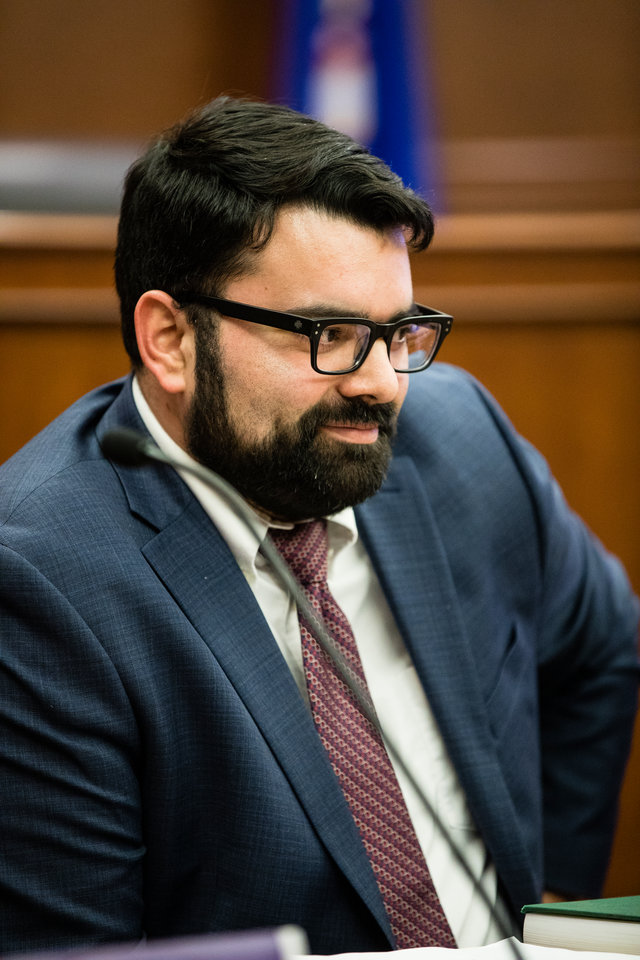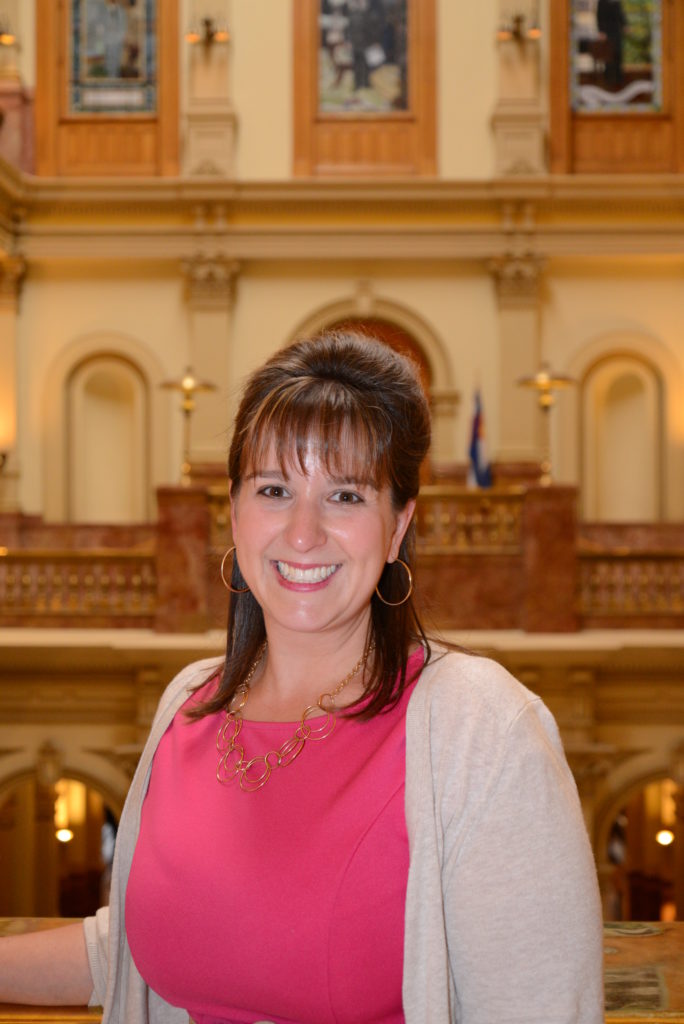Santo Cruz puts it this way: “Rather than retreating from the world, Catholic studies seeks to fully engage, energize, and educate young people in university.”
In fact, Cruz’s professional life epitomizes this full community engagement. He has served in numerous capacities for the state of Minnesota: as deputy commissioner for the Department of Human Services, assistant commissioner and general counsel for the Department of Agriculture, in-house counsel for the Department of Commerce and as assistant Hennepin County prosecutor, prosecuting violent crime.
Currently he serves as a lobbyist and attorney for CentraCare, Minnesota’s largest rural health care system and the largest employer in rural Minnesota, with approximately 13,000 employees.
“My job is to interact with all levels of government, state and federal, to talk, testify, and engage on issues that matter to CentraCare.” It is a wildly complex role that demands nuanced and seasoned leadership.
“The reality is that the professional world sees a huge gap between faith and reason,” says Cruz. “This is a gap in need of many bridge builders. Building those bridges in our professional lives requires the right approach, the right vocabulary and prudence. I say ‘the right approach’ because no one wants to feel like someone else’s project; we need to build authentic relationships as the foundation for common understanding. I say ‘the right vocabulary’ because often the terms we use can be charged with judgement, elitism and theory. No one trusts a theoretical bridge enough to walk over it. Lastly, I say ‘prudence’ because we have all met ungoverned virtue – those that use a firehose when a garden hose would do much better.”
His work has been nourished by a faithful discipline of prayer. “My work in public service,” he reflects, “and specifically in public health, has had the most direct effect on my prayer life. Integrating my working life and my spiritual life has often been a challenge, but I have found prayer to be the most consistent link.”
He treasures the quotation from St. Thomas More: “Lord, give us the grace to work for the things we pray for.”
“That small statement says a lot about prayer,” Cruz says. “Prayer isn’t magic; it’s more powerful because it’s real and usually very practical in its results. If you pray for patience, the answer to that prayer is usually a day filled with opportunities to demonstrate patience, thereby creating the work necessary for the virtue to be built practically – not magically.”
One of the greatest lasting effects of Catholic Studies for Cruz is this notion: “take up and read” – “tolle et lege” – that well-known phrase that St. Augustine heard a child singing.
Cruz recalls, “We read through issues in our continued pursuit of truth. Fourteen years out from graduation, I am still reading and often taking up the authors I first read at St. Thomas.”
On his reading table at the moment is Guardini’s The Lord, Scalia Speaks (a collection of talks given by Justice Scalia) and Flannery O’Connor. “Always. Always and again, Flannery O’Connor.”





